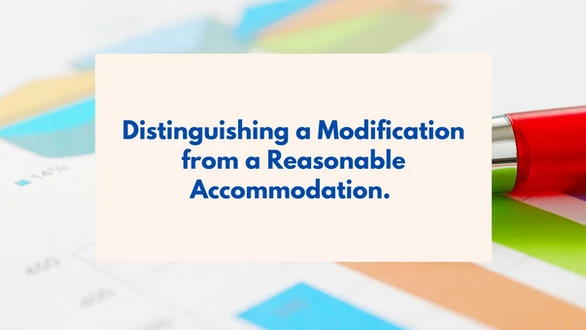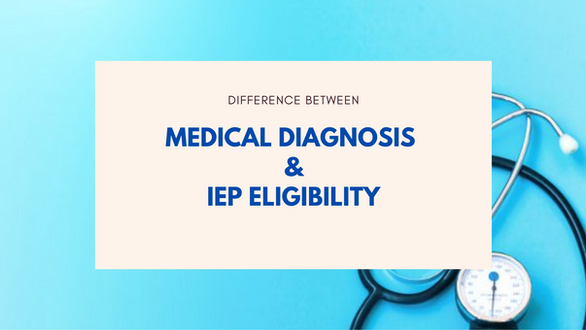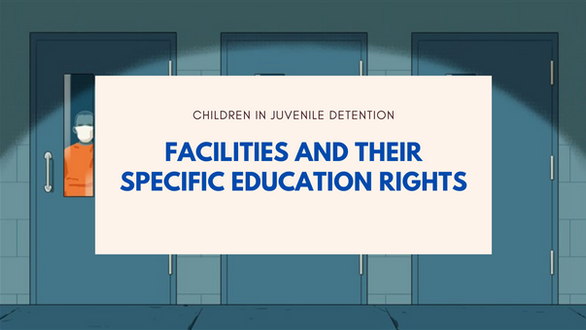INTRODUCTION
When a student has an Individualized Education Program (IEP) or a 504 plan, you’ll likely hear the word accommodation. You may also hear school staff members say modification. While the two words sound similar, they mean different things.
The term “accommodation” may be used to describe an alteration of environment, curriculum format, or equipment that allows an individual with a disability to gain access to content and/or complete assigned tasks. They allow students with disabilities to pursue a regular course of study. Since accommodations do not alter what is being taught, instructors should be able to implement the same grading scale for students with disabilities as they do for students without disabilities. Examples of accommodations include:
- sign language interpreters for students who are deaf;
- computer text-to-speech computer-based systems for students with visual impairments or Dyslexia;
- extended time for students with fine motor limitations, visual impairments, or learning disabilities;
- large-print books and worksheets for students with visual impairments; and
- trackballs and alternative keyboards for students who operate standard mice and keyboards.
On the flip side of it, the term “modification” may be used to describe a change in the curriculum. Modifications are made for students with disabilities who are unable to comprehend all of the content an instructor is teaching. For example, assignments might be reduced in number and modified significantly for an elementary school student with cognitive impairments that limit his/her ability to understand the content in general education class in which they are included.
DIFFERENCE BETWEEN REASONABLE ACCOMMODATIONS AND A MODIFIED CURRICULUM (Modification)
The table below outlines some key difference between Accomodations and a Modified Curriculum.
ACCOMMODATIONSMODIFIED CURRICULUM






EFFECT OF REASONABLE ACCOMMODATION ON A DEGREE
The Americans with Disabilities Act (1990) stipulates that postsecondary institutions are responsible for providing necessary accommodations when a student discloses a disability. Specifically, psychology training programs are required to make reasonable adjustments or modifications to practices, policies and procedures, and to provide auxiliary aids and services for students with disabilities, unless to do so would “fundamentally alter” the nature of the programs or result in an “undue burden.” Providing accommodations do not compromise the essential elements of a course or curriculum; nor do they weaken the academic standards or integrity of a course. Accommodations simply provide an alternative way to accomplish the course requirements by eliminating or reducing disability-related barriers. They provide a level playing field, not an unfair advantage.
Under federal disability law, only if the student has disclosed a disability is a school responsible for providing accommodations. Most often, the student is advised to initiate the accommodation process with the disability resource center or office on campus. This office then determines whether the student is eligible for services and, if so, coordinates appropriate accommodations and services based on the documentation provided and in consultation with the student and other professionals, as appropriate. It is also the responsibility of students who seek disability-related accommodations and services to provide written documentation of their disabilities. The school may also opt to obtain its own professional determination of whether specific requested accommodations are necessary.
CONCLUSION
An accommodation changes how a student learns the material. A modified curriculum changes what a student is taught or expected to learn, the entire goal being to provide an alternative way to accomplish the course requirements by eliminating or reducing disability-related barriers. They provide a level playing field, not an unfair advantage.










